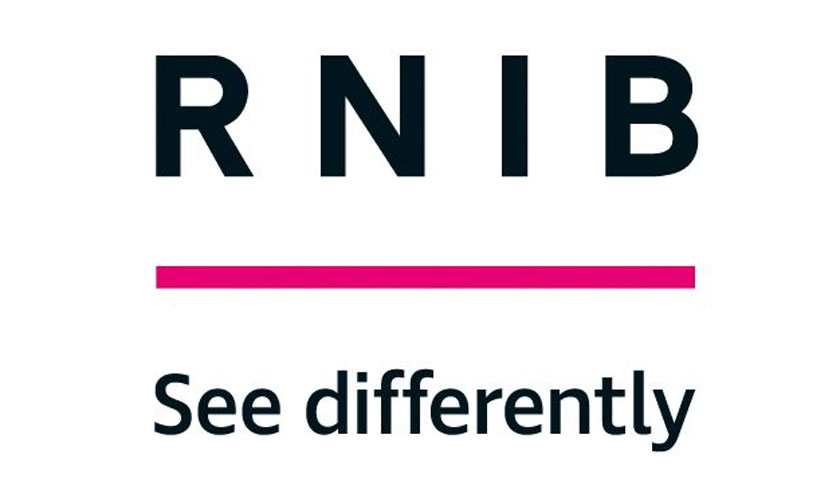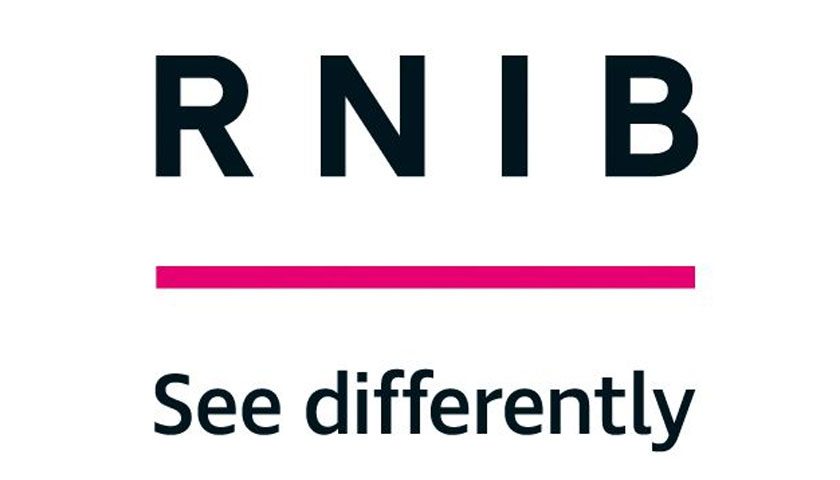A new campaign by the Royal National Institute of Blind People (RNIB) is highlighting the issue of inaccessible packaging and the impact it has on people with sight loss.
As part of its Design for Everyone campaign, the charity is opening its WhatsIn Store, an experiential event aiming to give an insight into how it feels to be confronted with inaccessible packaging. The store will be stocked with products with blank or intentionally vague packaging.
Hidden cameras in the shop will film people’s reactions, while the shopkeeper then reveals that this is often the reality for people with sight loss when they are out shopping or want to buy food on the go.
RNIB CEO Matt Stringer said: “Everyone has the right to know what they’re buying yet packaging information is so often inaccessible for blind and partially sighted people.
“Our research shows that almost three-quarters of people feel that accessing product information on food packaging is very important to them. Yet 9 in 10 said that packaging is difficult or impossible to read.
“People told us they often rely on their memory for locating products or felt forced to ask for help. They shouldn’t have to rely on friends, family or shopworkers to buy food. It’s a matter of choice and of independence.
“RNIB is campaigning for products and services to be reimagined with accessibility in mind, because when products are designed for anyone, the result is better for everyone.”
For those with Coeliac disease, knowing whether a food product contains gluten is crucial.
Laura from West Sussex has a 13-year-old daughter Jorja, who is visually impaired and who is Coeliac. Laura said: “Jorja has this condition for life, so she must have a strictly gluten-free diet. She’s now at the age where we’re trying to give her some autonomy, getting those life skills to go to a shop and buy things. We either research what she thinks she might want to buy ahead of time, or I let her choose things and I check the packaging later.
“We should all be able to make an autonomous choice with all the available information. Nobody should be made more vulnerable through the lack of accessibility.”
For people with diabetes, it is essential that they can access the number of grams of carbohydrates, to be able to adjust and administer insulin.
Samantha is 32 years old and lives in Essex. She was diagnosed with Diabetic Retinopathy six years ago and often struggles to find accessible nutritional information, which puts her health at risk. She said: “Keeping my sugars under control is crucial to preventing my eye condition from getting worse. Not being able to access the nutritional information I need as a type 1 diabetic can be very serious.
“I will sometimes ask staff to find the information I need but this makes me feel very anxious as I can’t check if its correct. Accessible packaging would mean the freedom to choose what I want to eat and give me back another part of my independence.”
RNIB can support businesses to develop more accessible products and services. There are many solutions, technologies and tools, including NaviLens, that can help to achieve this goal. NaviLens is an optical smart code that can be accessed from smartphones from the camera, like QR codes. Consumers can download the NaviLens and NaviLens GO app and then simply point the smartphone camera to the packaging within three metres distance. The product information contained within the code is presented and then accessed through their smart phone.
One brand already leading the way on accessible packaging is Kellogg’s. After working with RNIB on a successful trial, Kellogg’s recently announced that new world-first technology will be permanently added to all its cereal boxes to make them accessible to blind and partially sighted people. The new boxes will allow a smartphone to easily detect a unique on-pack code, using NaviLens technology, and playback labelling information to shoppers. More information on the RNIB website.
Research carried out by RNIB during a trial of the NaviLens technology on Kellogg’s Coco Pops packs showed that 97 per cent of people thought that new accessible packaging was a good or a great idea.*
For more information on the Design for Everyone campaign please visit www.rnib.org.uk/about-us/design-for-everyone-campaign


